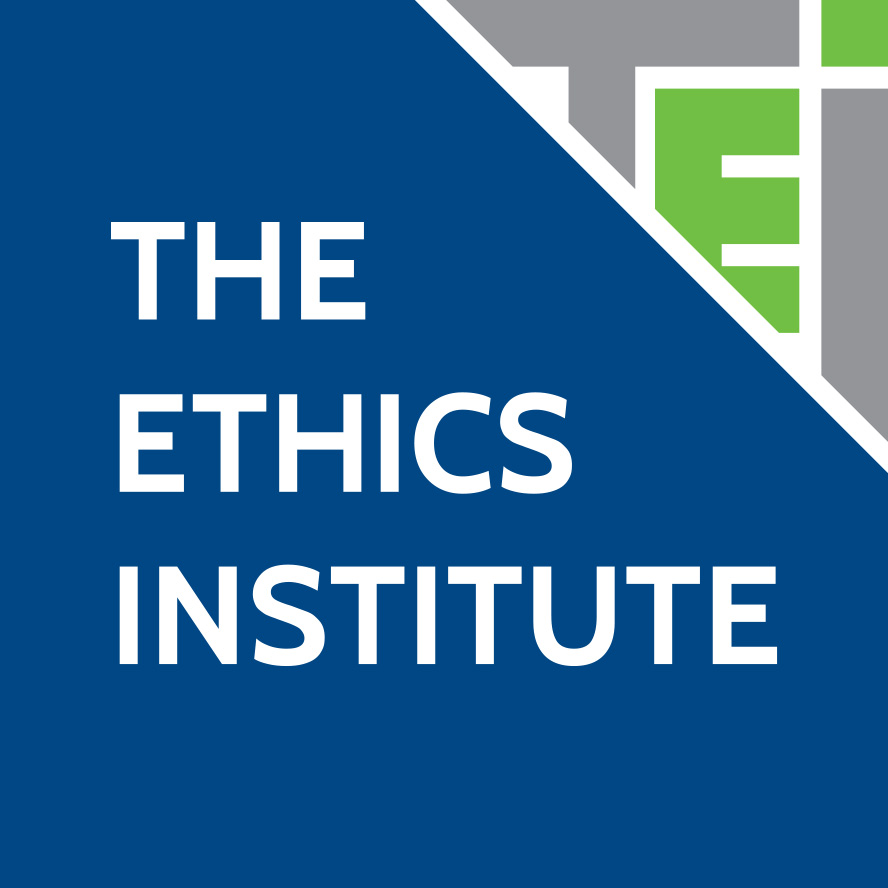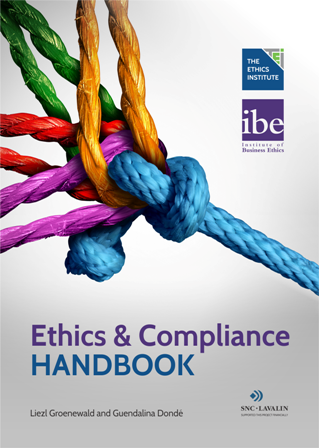Ethics and Compliance Handbook launched in South Africa
Ethics indicates that individuals need to rely on their own personal judgement to discern right and wrong
The Ethics Institute, South Africa (TEI) in partnership with the Institute of Business Ethics (IBE) in the United Kingdom, launched its latest publication, entitled The Ethics and Compliance Handbook, today at its seventh Annual Conference .
The need for such a publication arose from a global discussion about whether ethics and compliance were the same thing and could be combined in one function in an organisation, or whether they were different and should be separated, and which of the two would be more effective.
The authors of the handbook, Liezl Groenewald from TEI and Guendalina Dondé from the IBE, believe that while ethics and compliance may be two sides of the same coin, there are differences. These differences may end up defining the choices organisations make regarding their ethics and compliance functions.
They say that while ethics implies that people will behave in accordance with a system of common values that are agreed and shared, compliance means that people must do what they are told to do, either by law or by their superiors.
“Ethics indicates that individuals need to rely on their own personal judgement to discern right and wrong, often questioning why they are encouraged to behave in a certain way. Such considerations are far less prominent in the definition of compliance” according to the authors.
According to the authors, organisations need to move beyond a culture characterised by an approach of “everything that is not explicitly forbidden by laws or regulations, is allowed” (compliance). Employees should be encouraged and assisted to use their own judgement and to raise questions and concerns when they are unsure about something. The latter is the role of an ethics practitioner, whereas compliance with the law falls in the remit of a compliance practitioner.
While ethical aspects seem to gain prominence over compliance issues in many US corporations, some multinationals with subsidiaries or offices in South Africa tend to merge ethics and compliance within the same function. Ethics and compliance practitioners represent a relatively young, but rapidly maturing profession that has become increasingly important in many organisations, as companies all over the world have realised that addressing ethics risks, in addition to compliance risks, is crucial to promote long-term sustainability.
Professor Deon Rossouw, CEO of TEI said: “Both unethical and illegal conduct can cause organisations great harm, and jeopardise their sustainability. Consequently, responsible organisations have been implementing measures to protect themselves against illegal and unethical conduct. However, addressing ethics issues often requires a very different approach from addressing compliance issues.”
Philippa Foster Back CBE, Director of the Institute of Business Ethics said: “The international perspective this handbook gives on ethics and compliance and the management of the two functions is a timely insight. Many organisations have come to recognise that to build a positive corporate culture it is important to establish the right mindset. That mindset, which should be based on an ethical framework of corporate values to guide decisions and behaviours, will be encouraged by the creation of a separate ethics function and will lead to better compliance as a result.”
The publication was funded by SNC Lavalin.
For further information:
NOTES TO EDITORS
The Ethics Institute
The Ethics Institute is a non-profit, public benefit organisation, incorporated in September 1999.Our vision of "Building an ethically responsible society" is achieved by forming partnerships with the public and private sectors, and the professions.
We serve as a resource through our thought leadership, research, training, support, assessment and certification activities. Visit our website www.tei.org.za to find out more.
Institute of Business Ethics
The Institute of Business Ethics was established by business people in 1986 to encourage and support high standards of business behaviour based on ethical values.
We raise public awareness of the importance of doing business ethically. We help organisations strengthen their ethics culture through the sharing of knowledge and good practice. We assist in the development, implementation and embedding of effective and relevant corporate ethics and responsibility policies and programmes.
The IBE is a registered charity, funded by corporate and individual subscriptions. Subscriber support, both financial and intellectual, helps us research, publish, provide training and tools to assist in the development of ethical business practice. www.ibe.org.uk @IBEUK
SNC Lavalin
Founded in 1911, SNC-Lavalin is one of the leading engineering and construction groups in the world and a major player in the ownership of infrastructure. From offices in over 50 countries, SNC-Lavalin's employees are proud to build what matters. Our teams provide engineering, procurement construction, completions and commissioning services together with a range of sustaining capital services to clients in our four industry sectors, oil and gas, mining and metallurgy, infrastructure and power. SNC-Lavalin can also combine these services with its financing and operations and maintenance capabilities to provide complete end-to-end project solutions.
Press release distributed by Pressat on behalf of Institute of Business Ethics, on Monday 15 May, 2017. For more information subscribe and follow https://pressat.co.uk/
Ethics Compliance Business & Finance Education & Human Resources Public Sector & Legal
You just read:
Ethics and Compliance Handbook launched in South Africa
News from this source:





